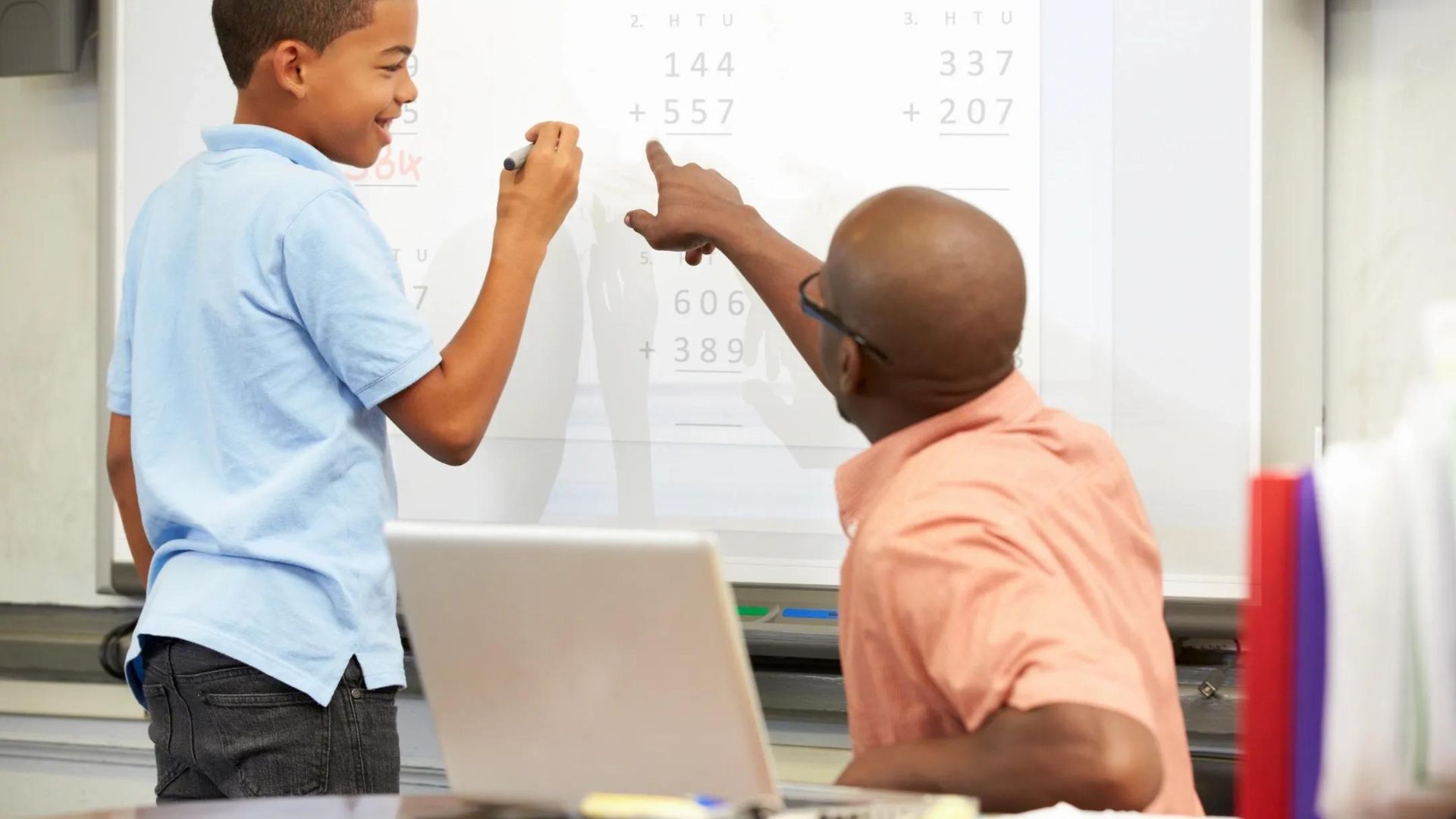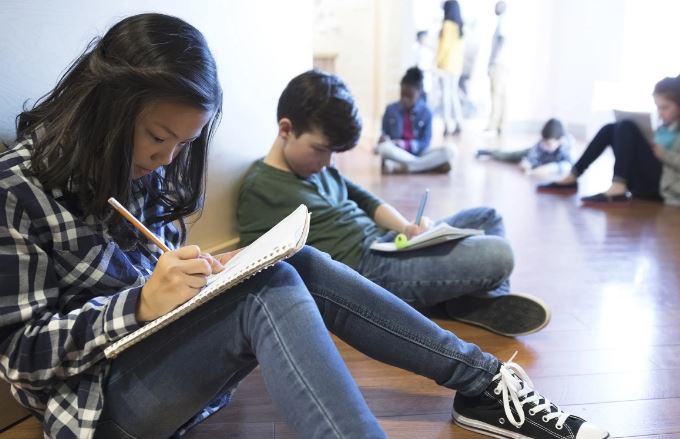Individualized tutoring is a highly effective approach that tailors learning experiences to meet the unique needs of each student. By focusing on the specific strengths, weaknesses, and learning styles of individual learners, tutors can provide targeted support that maximizes student success. In this article, we’ll explore some of the best strategies for implementing individualized tutoring and supporting students in reaching their full potential.
Understanding the Student’s Needs
Before diving into tutoring sessions, it’s crucial to take the time to understand each student’s academic strengths, weaknesses, and goals. Conducting an initial assessment can help tutors identify areas where students excel and areas where they may need additional support. By gaining insight into the student’s learning style, interests, and challenges, tutors can tailor their approach to meet the student’s specific needs.
Providing Targeted Instruction and Support
During tutoring sessions, tutors should provide targeted instruction and support that addresses the student’s specific learning needs and challenges. This may involve breaking down complex concepts into smaller, more manageable steps, providing additional practice and reinforcement. By adapting their instruction to meet the student’s individual needs, tutors can help students overcome obstacles and make meaningful progress.

Incorporating Varied Teaching Strategies
To keep students engaged and motivated, tutors should incorporate a variety of teaching strategies and techniques into their instruction. This may include hands-on activities, interactive exercises, visual aids, and technology-enhanced learning experiences. By presenting information in different ways and catering to diverse learning preferences, tutors can ensure that their instruction resonates with each student and maximizes learning outcomes.
Monitoring Progress and Adjusting Instruction
Throughout the tutoring process, tutors need to monitor the student’s progress closely and adjust their instruction accordingly. This may involve regularly assessing the student’s understanding of key concepts, tracking their academic performance, and soliciting feedback from the student and their parents or guardians.
Celebrating Achievements and Building Confidence
Finally, tutors should celebrate the student’s achievements and successes along the way, no matter how small. Positive reinforcement and encouragement can help build the student’s confidence and motivation, fueling their continued progress and success. By acknowledging and celebrating the student’s growth and accomplishments, tutors can inspire them to persevere and reach their full potential.
Building Trust and Rapport
Establishing a positive relationship with your student is essential for effective tutoring. Take the time to get to know them, listen to their concerns, and show empathy and understanding. Building trust and rapport creates a comfortable learning environment where students feel safe to ask questions and take risks.
Setting Clear Goals and Expectations
Work with your student to set clear, achievable goals for their tutoring sessions. This could include improving grades in a specific subject, mastering certain skills, or preparing for exams. By outlining expectations from the beginning, both you and your student can stay focused and motivated throughout the tutoring process.
Using Real-World Examples
Make learning relevant by incorporating real-world examples into your lessons. Relating academic concepts to everyday situations helps students see the practical applications of what they’re learning and enhances their understanding. Encourage students to explore how they can apply new knowledge outside of the classroom.
Providing Regular Feedback
Offering constructive feedback is crucial for helping students understand their progress and areas for improvement. Regularly assess their performance, identify strengths and weaknesses, and provide specific feedback on how they can enhance their skills. Positive reinforcement and encouragement can also boost their confidence and motivation.
Encouraging Self-Reflection
Empower students to take ownership of their learning by encouraging self-reflection. Prompt them to think critically about their strengths, challenges, and goals, and encourage them to identify strategies for overcoming obstacles. Self-reflection fosters independence and helps students become more self-directed learners.
Conclusion
In conclusion, individualized tutoring is a powerful approach that allows tutors to tailor their instruction to meet the unique needs of each student. Tutors can help students overcome challenges, maximize their potential, and achieve academic success. With dedication, patience, and a personalized approach, individualized tutoring can make a profound difference in the lives of students.




